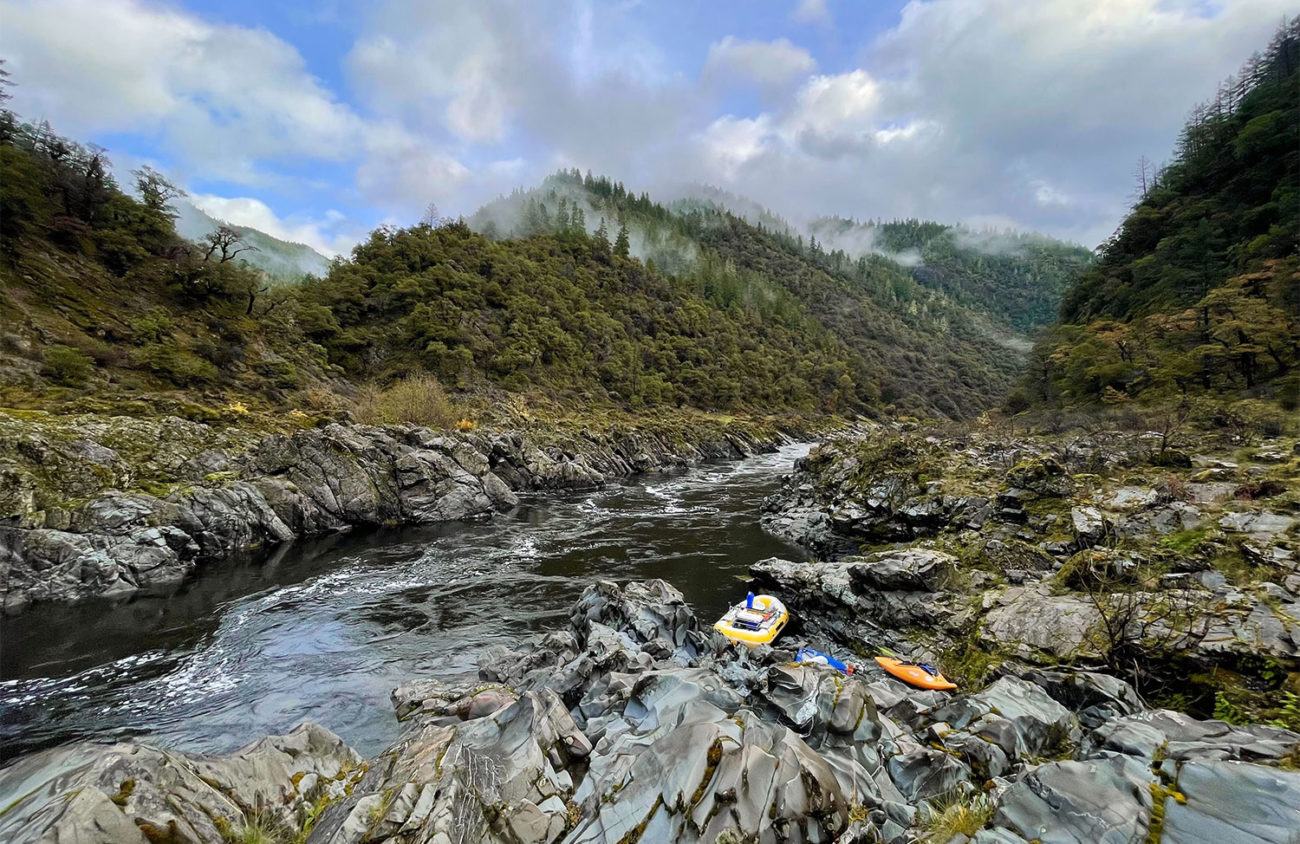After decades of advocacy and work, new protections might finally be coming to one of Oregon’s most treasured landscapes – the Wild Rogue in Southwest Oregon. Earlier this year, Congressman Peter DeFazio introduced the Wild Rogue Conservation and Recreation Enhancement Act, a bill that would expand the Wild Rogue Wilderness by 59,000 acres. The bill would also designate a 98,000-acre Rogue River National Recreation Area. Together with companion legislation in the Senate supported by Jeff Merkley and Ron Wyden, new safeguards for this incredible region are closer than ever to becoming a reality.
Congress originally designated the Wild Rogue Wilderness all the way back in 1978, recognizing its rugged canyon landscape, diversity of fish and wildlife, and of course, the Rogue Rivers itself, as a true natural treasure. However, the campaign to protect the Wild Rogue didn’t end in the 70s. Over the ensuing decades, public lands advocates continued to push for legislation that would not only expand the Wild Rogue to protect salmon, old-growth forests, and clean waters, but also recognize the growing role of recreation in Southwest Oregon.
Congressman Peter DeFazio took up the cause of the Wild Rogue in June of 2008, introducing legislation to expand the protections 40 years after its original designation. As with many public lands bills, that proposal was refined over time and has needed to be reintroduced many times over the last decade to advance through the legislative process. It has only been through diligence and tenacity that the Wild Rogue proposal has persevered.
In the meantime, the need for Congressional action has only become more clear. In 2003, the Bureau of Land Management proposed an old-growth logging sale called Kelsey Whiskey that threatened the heart of the Rogue River watershed. While it was eventually withdrawn, partially thanks to DeFazio’s opposition to the sale, other threats like mining and development have remained a concern.
The Wild Rogue’s natural treasures have not been the only values at stake. The legislation also seeks to buttress Southwest Oregon’s recreation economy. People come from all over the world to experience the amazing rafting, hiking, and fishing here. The Rogue River and its wildlands have become a driver of sustainable jobs in surrounding communities across Josephine County, like Grants Pass. An ECONorthwest study showed $30 million in economic activity derived from Rogue River recreation and over 445 jobs supported by the Rogue River and surrounding wildlands.
Having announced his retirement, Congressman DeFazio has declared that he intends to revisit Wilderness areas he’s worked to protect in Oregon. Among those are the most recent, the Devil’s Staircase Wilderness in the Oregon Coast Range, protected in 2019.
However, he continues to push for the Wild Rogue Wilderness through his last session in Congress. Thanks to his persistence, as well as that of countless public lands advocates, recreation leaders, and conservationists, he may well be rewarded for his efforts. The passage of the Wild Rogue this year would be a worthy culmination of Defazio’s career, cementing his legacy as a champion of Oregon’s special places and a celebration of the work of all of the Oregonians across generations that have worked to safeguard this special place.
